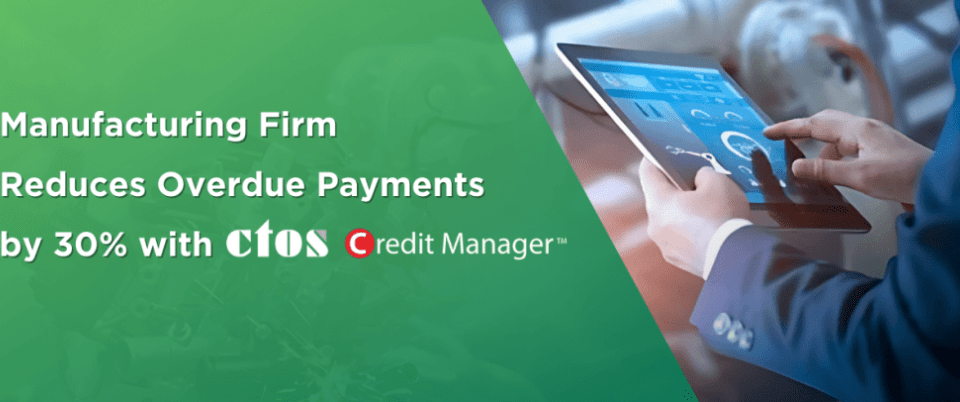
As a small business owner, you’re likely aware of the importance of maintaining good credit for your business. However, what many entrepreneurs may not realize is that their personal credit score can significantly influence their business’ financial health and growth prospects.
Understanding the Connection
Your personal credit score and your business are more connected than you might think. When you’re just starting out, lenders often look at your personal credit history to assess your creditworthiness since your business may not have an established credit profile yet.
Let’s see how personal credit scores affect different types of businesses.
Sole Proprietor
Since you are the sole owner of the business, you have the individual authority to enter into a business loan. You will also be personally liable for its debts. Thus, lenders will check your personal credit score in addition to the business’ score.
Moreover, credit scoring systems like the CTOS SME Score take into account the personal credit score of the business owner. It is a blended score that combines both the business credit score and personal credit score to further refine risk prediction.
Partnership
Similar to the sole proprietor, partners will also be liable for a partnership’s debts. Lenders will look at each partner’s personal credit score before extending a loan to the business.
For partnerships, the CTOS SME Score also combines both the business credit score and personal credit score of each partner to calculate a blended score.
Private Limited Company
Technically, a company is a separate entity from its owner. A company’s owners have limited liability, i.e. they will not be personally responsible for their company’s debts. The CTOS SME Score reflects this, as it scores companies solely based on business data.
However, if you are running a new company without a track record, lenders may insist on a personal guarantee from you as the company director when you seek a business loan. Ultimately, your personal credit score will also impact your ability to secure financing for your company.
How Do I Keep My Personal Credit Score from Affecting My Business?
- Incorporate a Company – By incorporating with the Companies Commission of Malaysia (SSM), it ensures that you and your company are separate entities.
- Separate Personal and Business Funds – By keeping your business finances separate from your own, banks and other lenders will have a much clearer picture of your business’ creditworthiness. You’re also protected from liability in case of business failure. This means opening a separate business account, keeping careful records of expenses, and paying yourself a salary as director.
- Build the Business’ Credit History – Start with simple products like business credit cards, which you can use for business expenses. From there, you can explore other loans like secured equipment loans or hire purchase loans.
- Pay Your Debts On Time – Adhering to good credit habits like making regular debt repayments can increase your business’ credit score over time.
Once you establish a good credit track record, banks are more likely to grant your business a loan, especially if you take steps to improve your loan approval chances.
Check Your Credit Score Regularly
Your business’ credit score is more than just a number. It’s also an indicator for the financial health and reputation of your business. In addition, by understanding how your personal credit score influences lending decisions, you can leverage this knowledge to obtain the most suitable line of credit for your business.
To know where you stand, you can periodically check your personal and business credit scores using CTOS Credit Manager, Malaysia’s No. 1 Credit Management Solution. With access to CTOS Score Reports and CTOS SME Score Reports, you can get insights on your credit situation and how to improve it.




